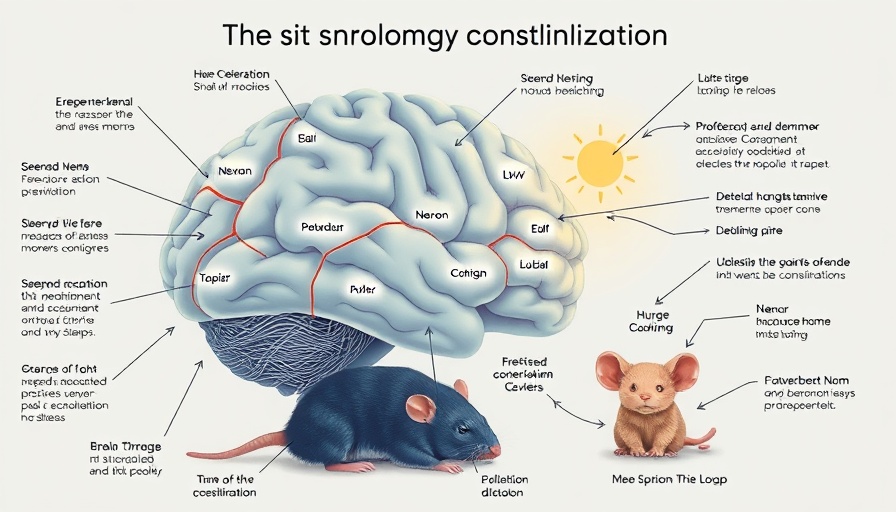
The Fundamental Role of Sleep in Memory
At its core, sleep serves a fundamental purpose in our lives—facilitating memory formation, storage, and retrieval. The mechanisms behind this process rely on specialized neurons known as engram cells, which encode our experiences. New research from the University of Toyama, Japan, has unveiled groundbreaking insights into how sleep operates—not only consolidating what we have learned but also priming our brains to acquire future knowledge.
Unraveling the Dual Role of Sleep
Traditionally, sleep has been viewed through a retrospective lens, regarded primarily as a mechanism for reinforcing past memories. However, the latest findings by a research team led by Distinguished Professor Kaoru Inokuchi reveal an exciting dual role for sleep. It not only serves to strengthen previously established memories but also equips the neural landscape for future learning. This dual function challenges previous assumptions and enhances our understanding of cognitive processes.
A Closer Look at the Science
The study employs a sophisticated imaging technique that combines live calcium imaging with engram cell labeling, allowing scientists to observe neuronal activity before, during, and after training. This level of detail facilitates an unprecedented analysis of how brain cells behave under varying cognitive states, significantly during sleep. The insights gained offer a clearer picture of how synaptic changes occur in response to memory tasks.
Implications for Health and Wellness
Understanding the relationship between sleep and memory has profound implications for health and wellness. As sleep contributes to optimal brain function, ensuring adequate rest can significantly improve not just cognitive performance but overall mental well-being. Communities that prioritize health and wellness through initiatives such as sleeping workshops or awareness events can foster healthier lifestyles, emphasizing the importance of sleep.
The Importance of Healthy Practices
Incorporating healthy lifestyle choices, such as proper sleep hygiene, diet, and physical activity, plays a crucial role in enhancing sleep quality and memory. Practicing relaxation techniques and establishing a consistent sleep schedule can amplify the efficacy of sleep in memory consolidation. Understanding how health and wellness intersect with cognitive function emphasizes the need for community resources geared towards improving sleep habits.
Future Insights and Predictions
As research progresses, future studies may uncover more about the intricate mechanisms by which sleep fosters learning. The potential for sleep-enhanced cognitive performance could reshape educational strategies and training programs. As we learn to embrace sleep as a dynamic contributor to health and wellness, societies can uplift collective cognitive capabilities through improved sleep awareness.
Considerations for a Healthier Future
Ultimately, this emerging understanding of sleep's dual role invites reflection on our habits. Are we prioritizing sleep in a world that often glorifies constant activity? The answer lies in personal and community health initiatives that promote sleep as essential for cognitive health, leading to better choices in health and wellness products, services, and education.
In closing, the discovery that sleep prepares the brain for future learning while consolidating past experiences opens new avenues for ongoing exploration in both neuroscience and wellness advocacy. As we continue to delve into these connections, the evidence mounts that prioritizing sleep isn't merely a lifestyle choice but a necessary component of health and wellness.
 Add Row
Add Row  Add
Add 




 Add Row
Add Row  Add
Add 


Write A Comment